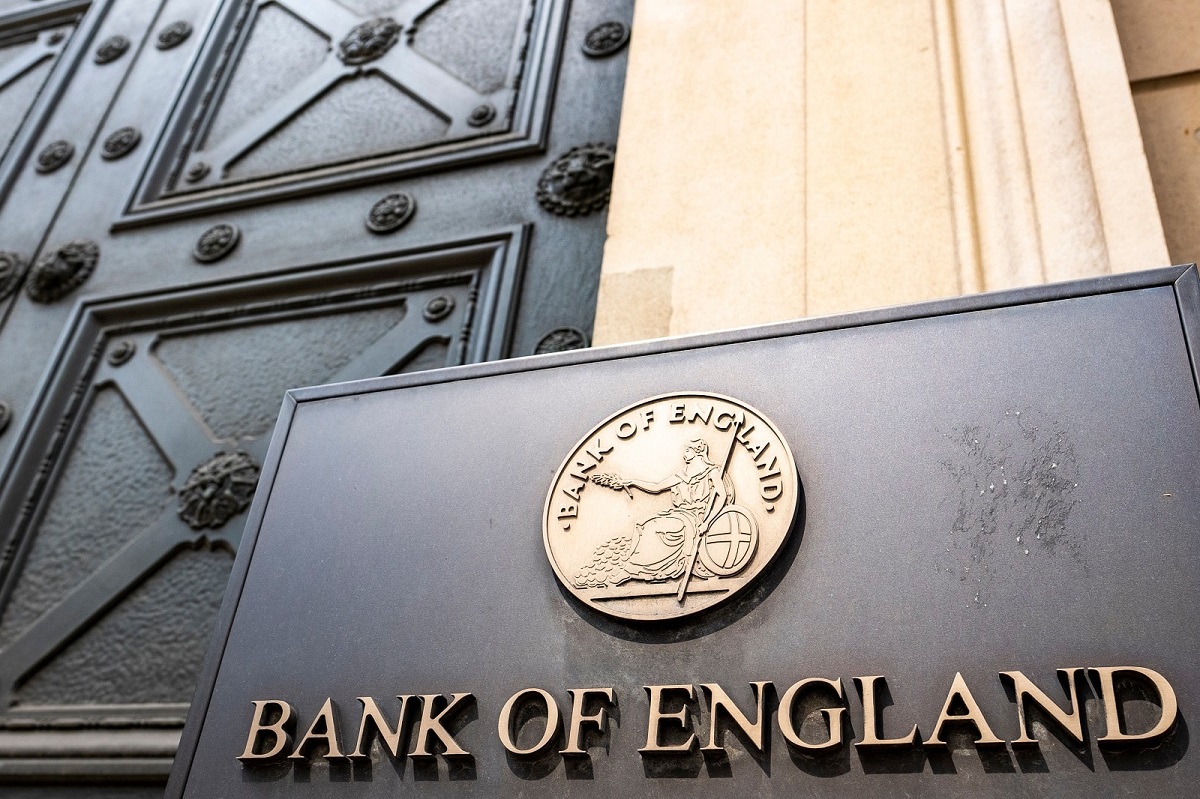Economic think tanks warn that Labour and the Conservatives face unrealistic fiscal plans, highlighting the need for sharp spending cuts and sustainable strategies to address the UK’s budgetary challenges post-election. Here’s the full story.
Fiscal Challenges
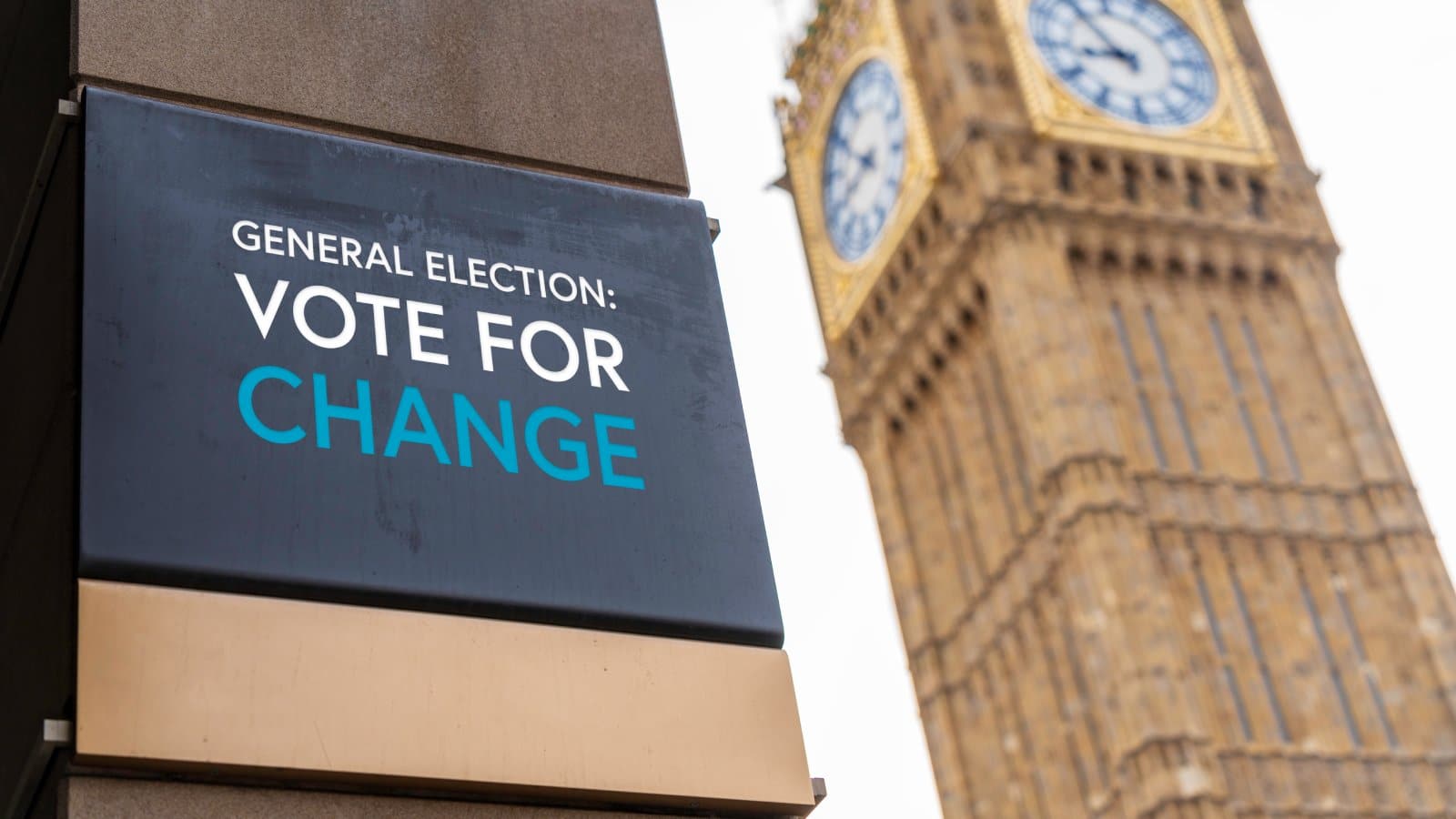
As the UK election draws nearer, the Institute for Fiscal Studies (IFS) and Resolution Foundation think tanks have warned about the country’s fiscal challenges.
Spending Cuts

Both think tanks criticised the main political parties, the Conservatives and Labour, for failing to address the reality of what they say are necessary spending cuts and fiscal constraints.
Economic Promises

The IFS and the Resolution Foundation have voiced concerns about the economic promises made by Labour and Conservatives.
Neither Party Appears “Serious”

According to the IFS, neither party appears “serious about the underlying principle of getting debt falling.”
“Detached From Reality”

This sentiment is echoed by the Resolution Foundation, which describes the election pledges as “detached from reality.”
Dire Future Projections

The think tanks argue that the fiscal policies proposed by both parties could be more realistic given the unstable economic conditions and dire future projections.
Reducing National Debt

Labour and the Conservatives have committed to reducing the national debt, but their approaches differ significantly.
Transition to Net Zero
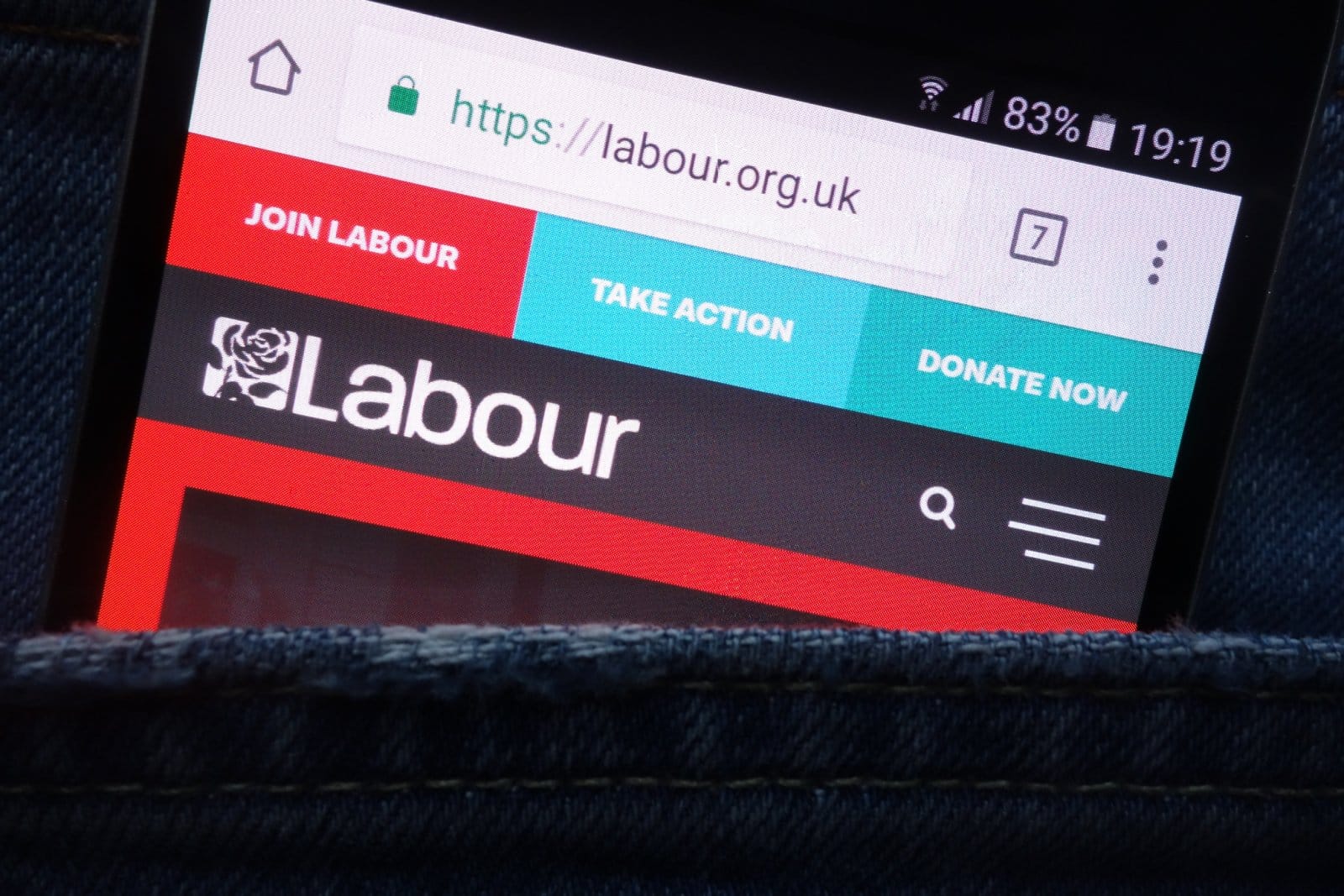
Labour proposes distinguishing between day-to-day and investment spending, allowing borrowing to invest in long-term projects like the transition to net zero.
Historical Precedent

The IFS notes that this approach has historical precedent, having been used by both parties from 1997 to 2015.
More Austerity

In contrast, the Conservatives emphasise broader fiscal austerity and criticised Labour’s unsustainable plans.
“Arbitrary and Gameable”

The IFS has criticised the current fiscal rule, which mandates a downward path for debt by 2028/29 to 2029/30, as “arbitrary and gameable”.
“Eminently Gameable”

Isabel Stockton, a senior research economist at the IFS, stated that the current fiscal rules are “eminently gameable – and has already been gamed almost to irrelevance by the current Government; it is the loosest debt rule we have had in the past 30 years; and yet it is currently so constraining that it will either be breached or will result in policies in practice quite different to those currently being peddled.
“Not a Sensible Rule”

She continued, “It is, to be kind, not a sensible rule, and neither party appears serious about the underlying principle of getting debt falling. This has led to both parties avoiding the reality that they are effectively signed up to sharp spending cuts, while arguing over smaller changes to taxes and spending.”
£12 Billion Fiscal Hole
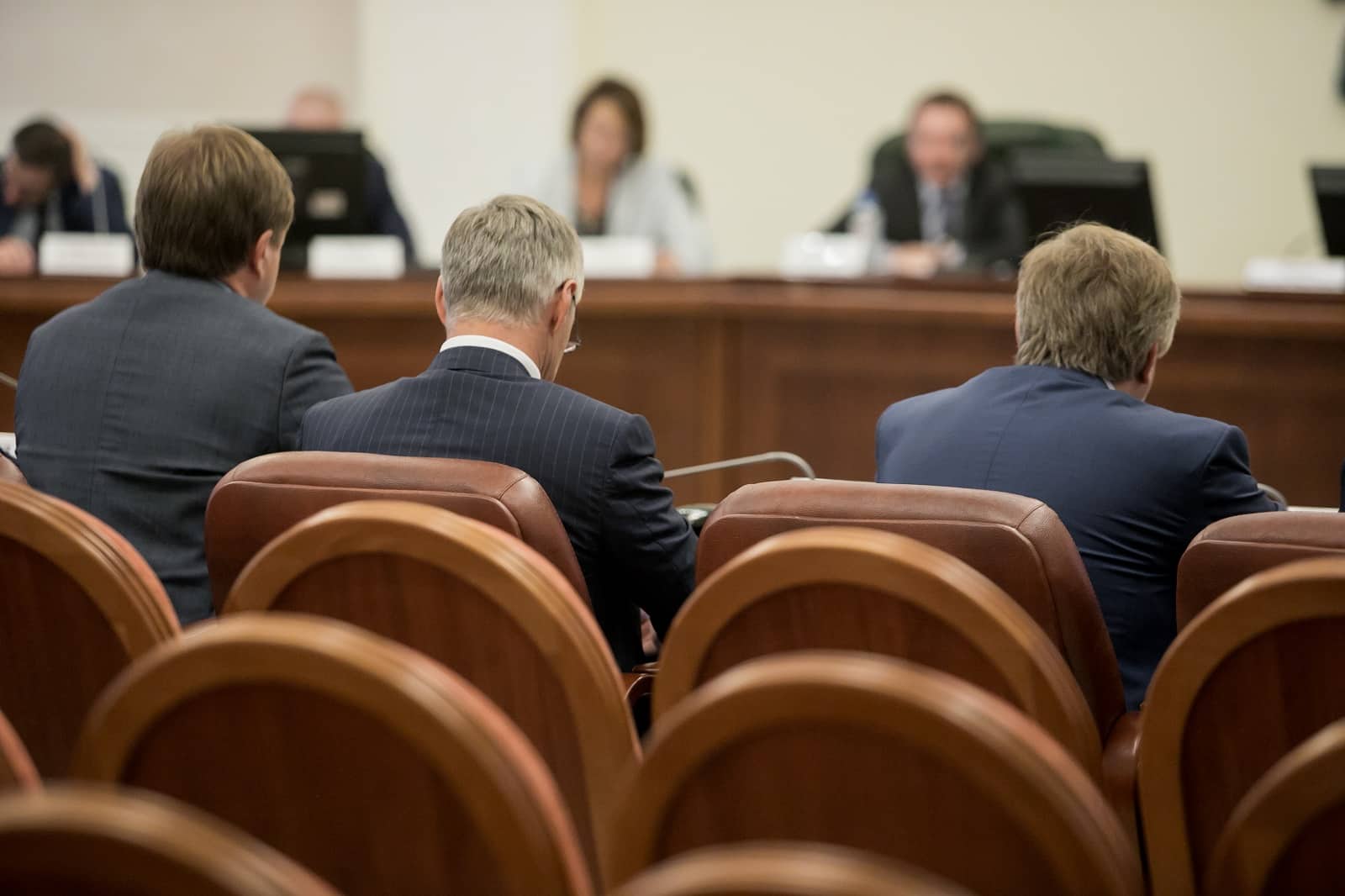
The Resolution Foundation has estimated that whichever government wins the next election will be faced with a potential fiscal hole of £12 billion, which could balloon to over £33 billion if the government aims to avoid another round of austerity.
Higher Interest Debt

Higher interest payments on debt, slower productivity growth, and compensation for the infected blood scandal are among the factors contributing to this gap.
Public Service Impact

One of the most concerning aspects of the current fiscal debate is its potential impact on public services.
£12 Billion Deficit

The Resolution Foundation warns that maintaining current spending plans could lead to a £12 billion deficit.
Potential £33 Billion Financial Shortfall

However, avoiding cuts to essential services like prisons, the police, and local government could increase the deficit to £33 billion.
Bringing Public Services to Their Knees

This scenario likely leads to severe cuts in unprotected departments, which could bring the many public services already straining to their knees.
“Very Challenging”
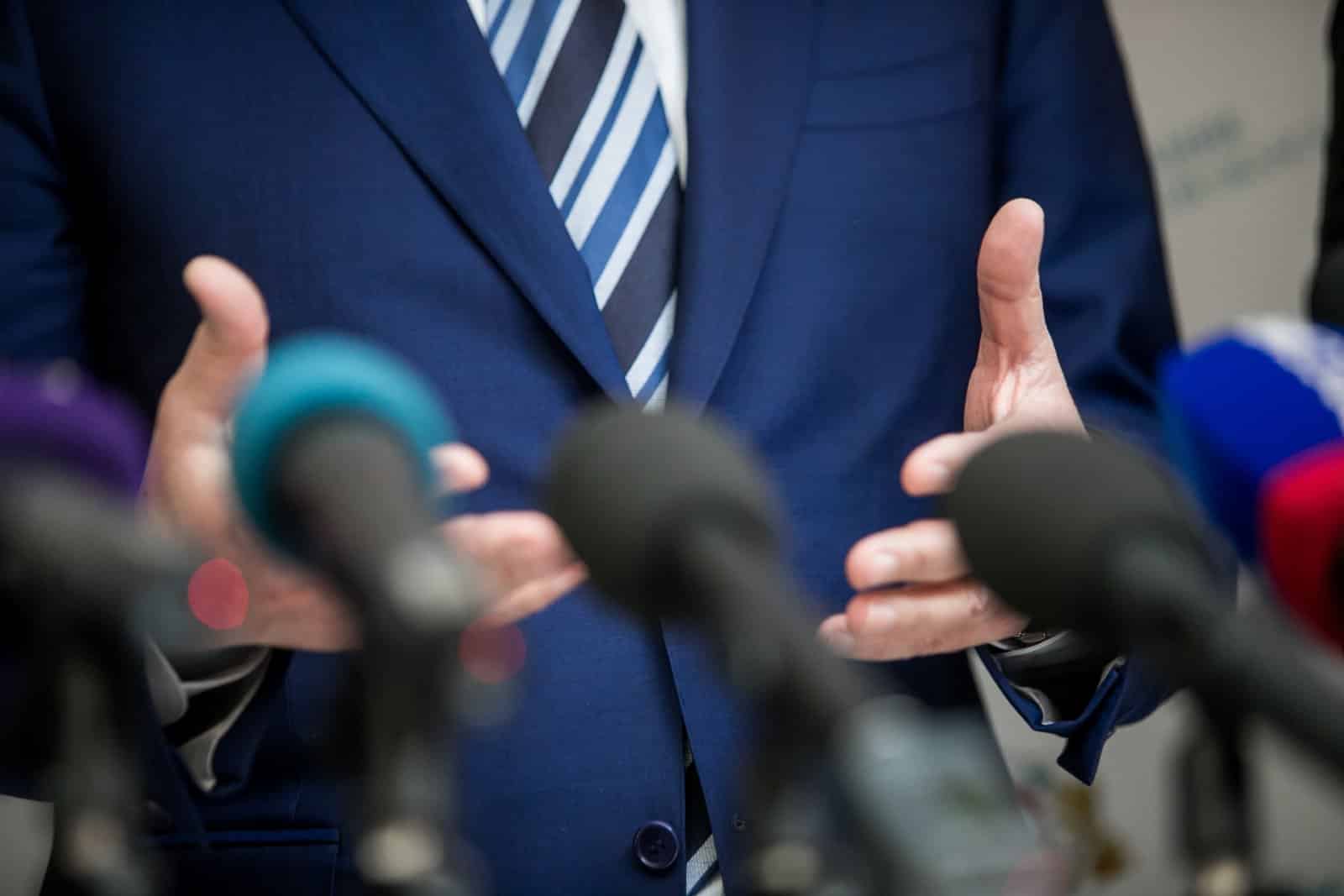
A Resolution Foundation spokesperson stated, “Delivering these cuts in the face of already crumbling public services and the public desire for more, not less, spending on public services would likely prove very challenging.”
“Unfunded Blackhole”
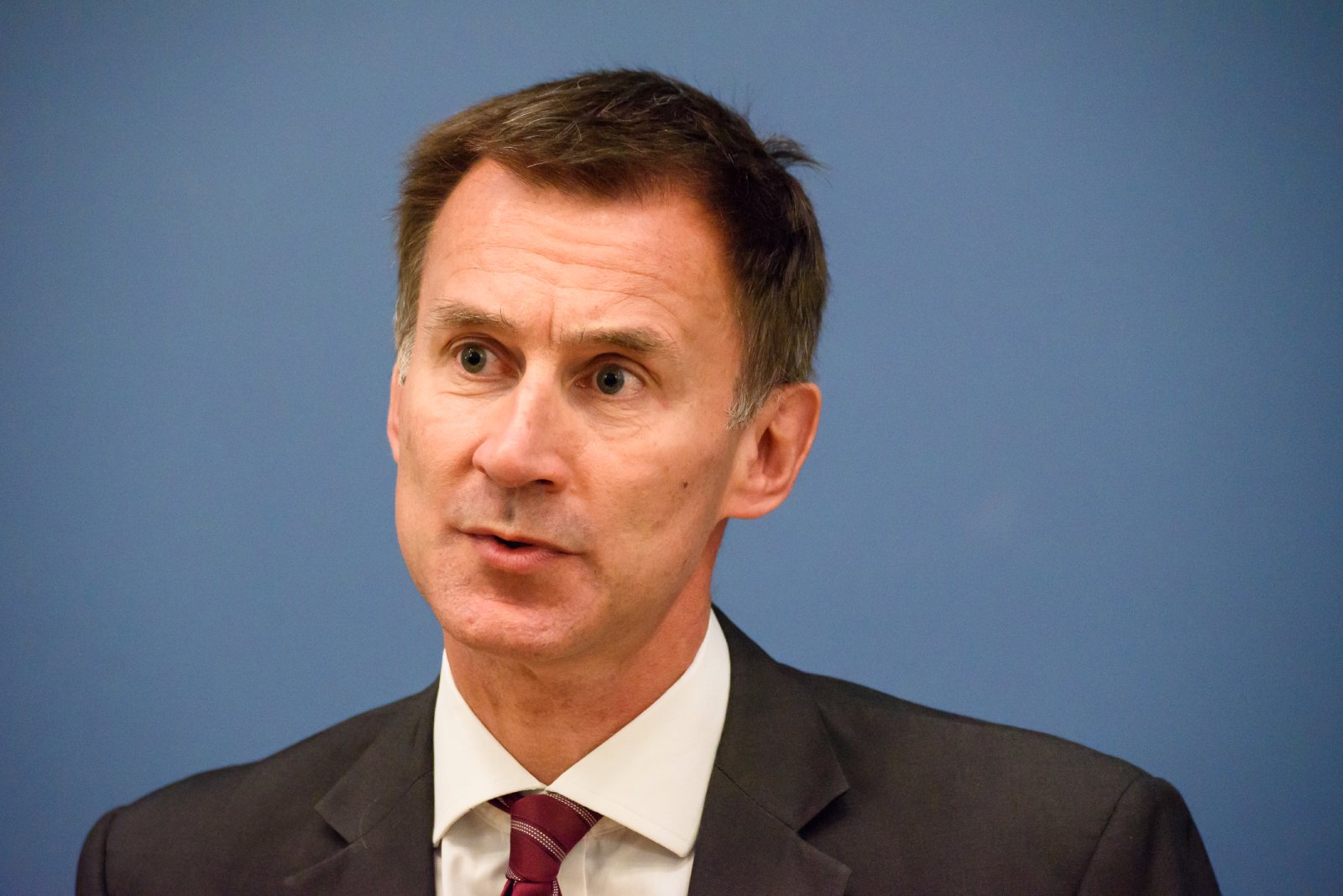
Chancellor Jeremy Hunt has criticised Labour’s plans, stating, “It is no surprise that Labour’s multi billion-pound energy promise, a huge chunk of their £38.5 billion unfunded blackhole, will put Labour’s fiscal rules in jeopardy and inevitably lead to £2,094 in higher taxes.”
“They Come After Yours”
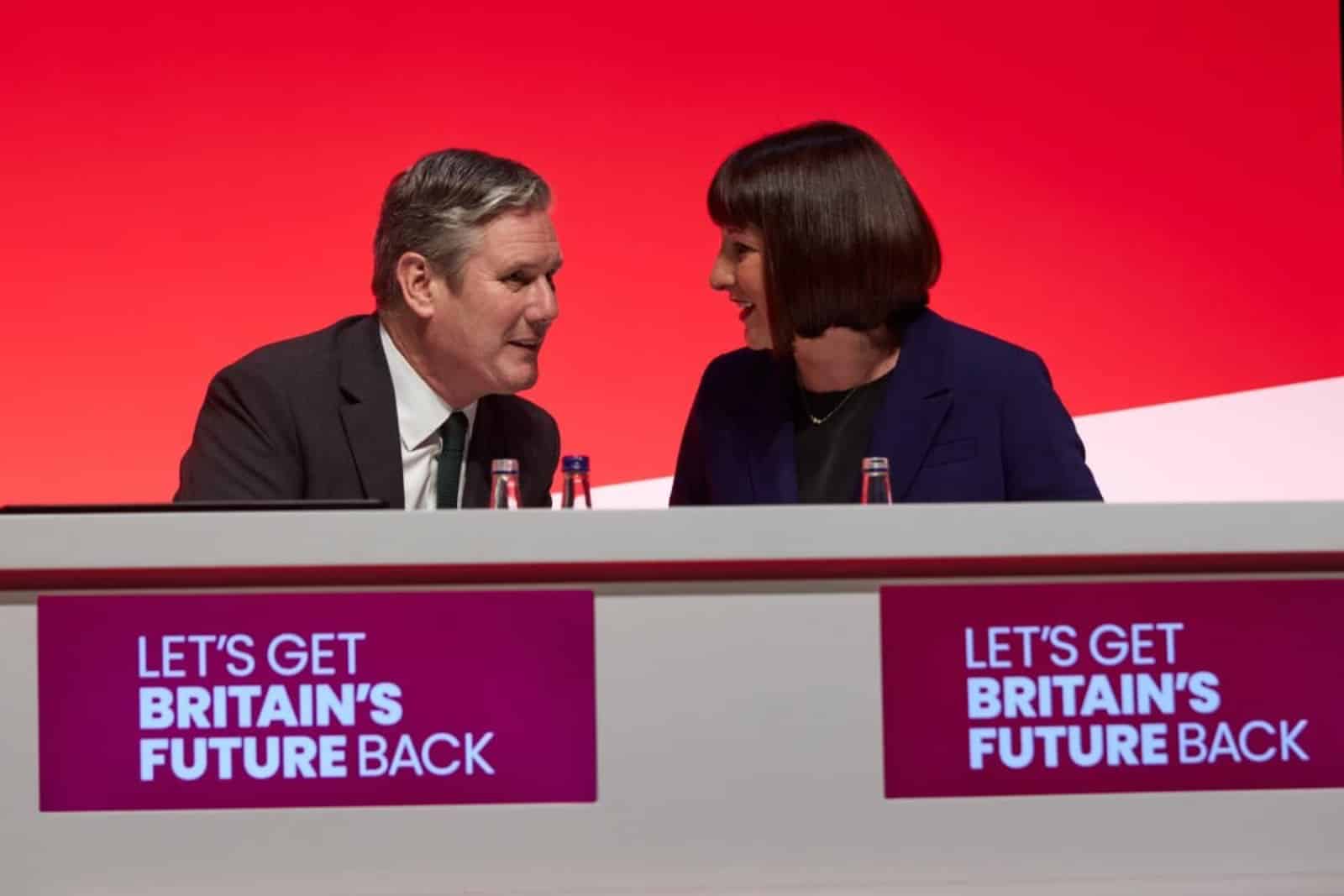
He continued, “As history tells us, when Labour run out of money, they come after yours. Keir Starmer and Rachel Reeves will be no exception.
Realistic and Details
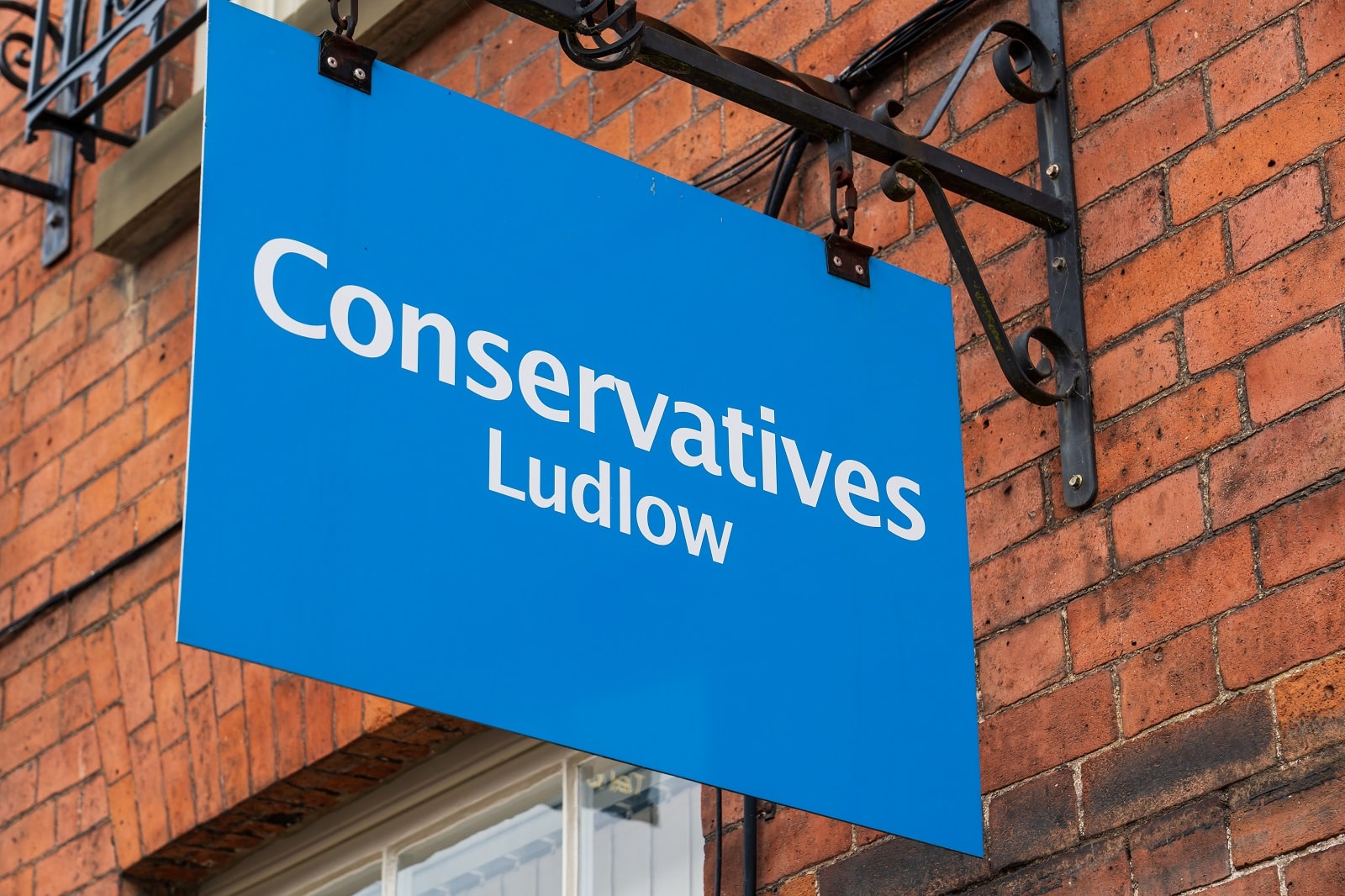
Despite his defence of Conservative spending plans, the IFS and the Resolution Foundation’s analyses suggest that both parties must present more realistic and detailed fiscal strategies to address the economic challenges effectively.
IMF Warns of £30 Billion Fiscal Hole
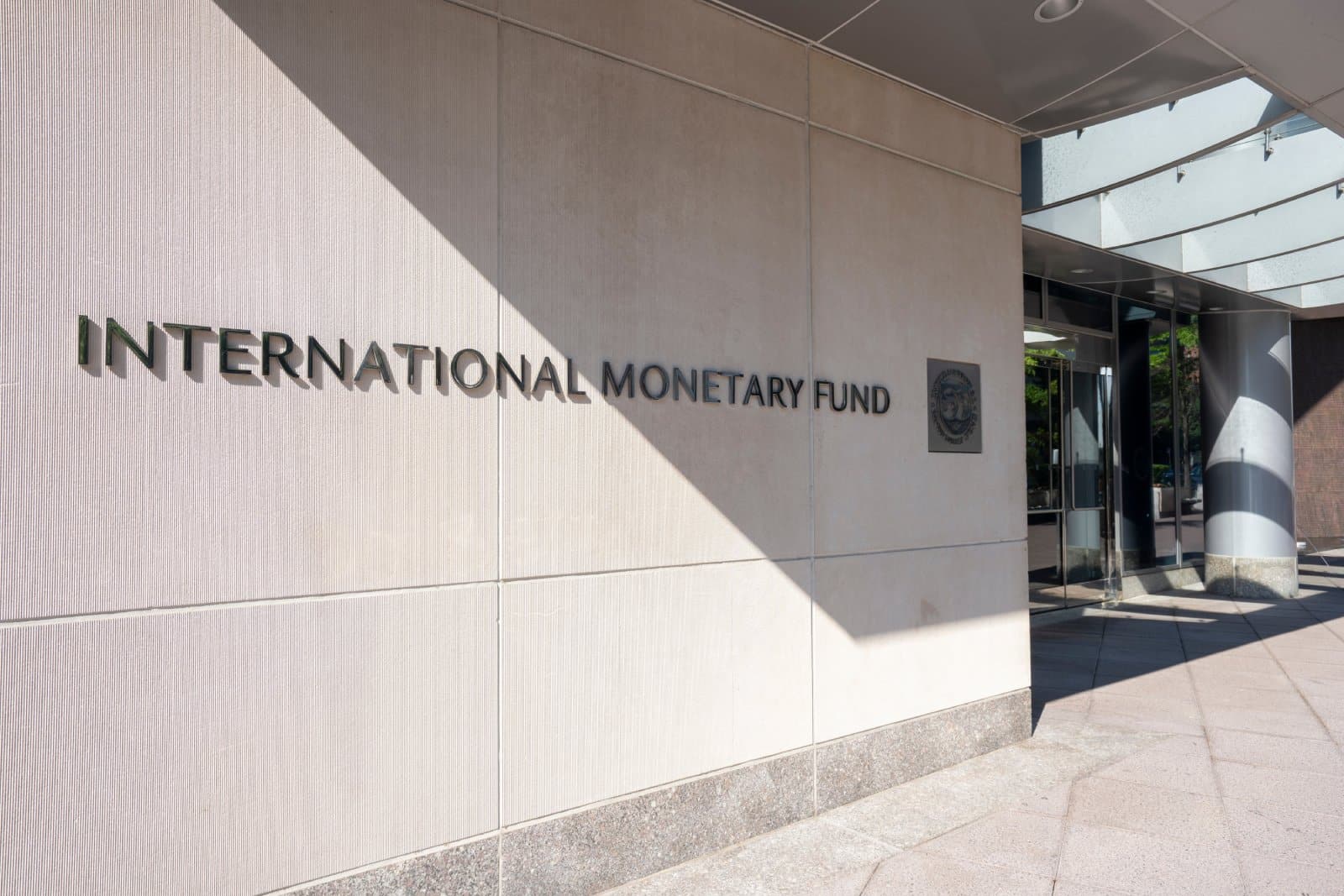
Neither party could look to outside analysts for a better response, as the International Monetary Fund (IMF) recently warned of a potential £30 billion post-election fiscal hole, which either party would have to deal with.
Economic Reality

As the UK approaches the next election, both parties are urged to be more honest with the public over the economic reality that will likely face the country.
Bearer of Bad News

However, it remains to be seen whether the think tank’s warnings will be heeded before the election, as neither party wants to be the bearer of bad news.
25 Things You CAN’T Talk About Anymore

Remember the days when you could freely discuss just about anything without fear of sparking controversy? Well, those days are long gone. In today’s hyper-sensitive world, there are topics so fraught with tension that even mentioning them can lead to heated debates and hurt feelings. 25 Things You CAN’T Talk About Anymore
Stranded: 15 Worst British Cars in History

Ever had a car that spent more time with the mechanic than on the road? A car that turned every journey into a game of “Will we actually get there?” If so, you might just see a familiar face (or should we say, chassis) in our countdown to the most unreliable British car in history. Stranded: 15 Worst British Cars in History
“Britain Will Become Unrecognizable” – Suella Braverman Spells Disaster for UK Amid Steep Rise in Visas Issued

Former Home Secretary Suella Braverman has warned that Britain will become “unrecognizable,” criticizing the amount of work visas the Home Office has approved, despite only being removed from her role in November. “Britain Will Become Unrecognizable” – Suella Braverman Spells Disaster for UK Amid Steep Rise in Visas Issued
20 Things From the ‘70s That Are Not OK Today

Step into the time machine and set the dial to the 1970s, a decade of disco, bell-bottoms, and some rather questionable choices. While the ’70s gave us iconic music and groundbreaking TV, not everything from this groovy era would get a green light today. 20 Things From the ‘70s That Are Not OK Today
20 Best and Worst Universities in the UK
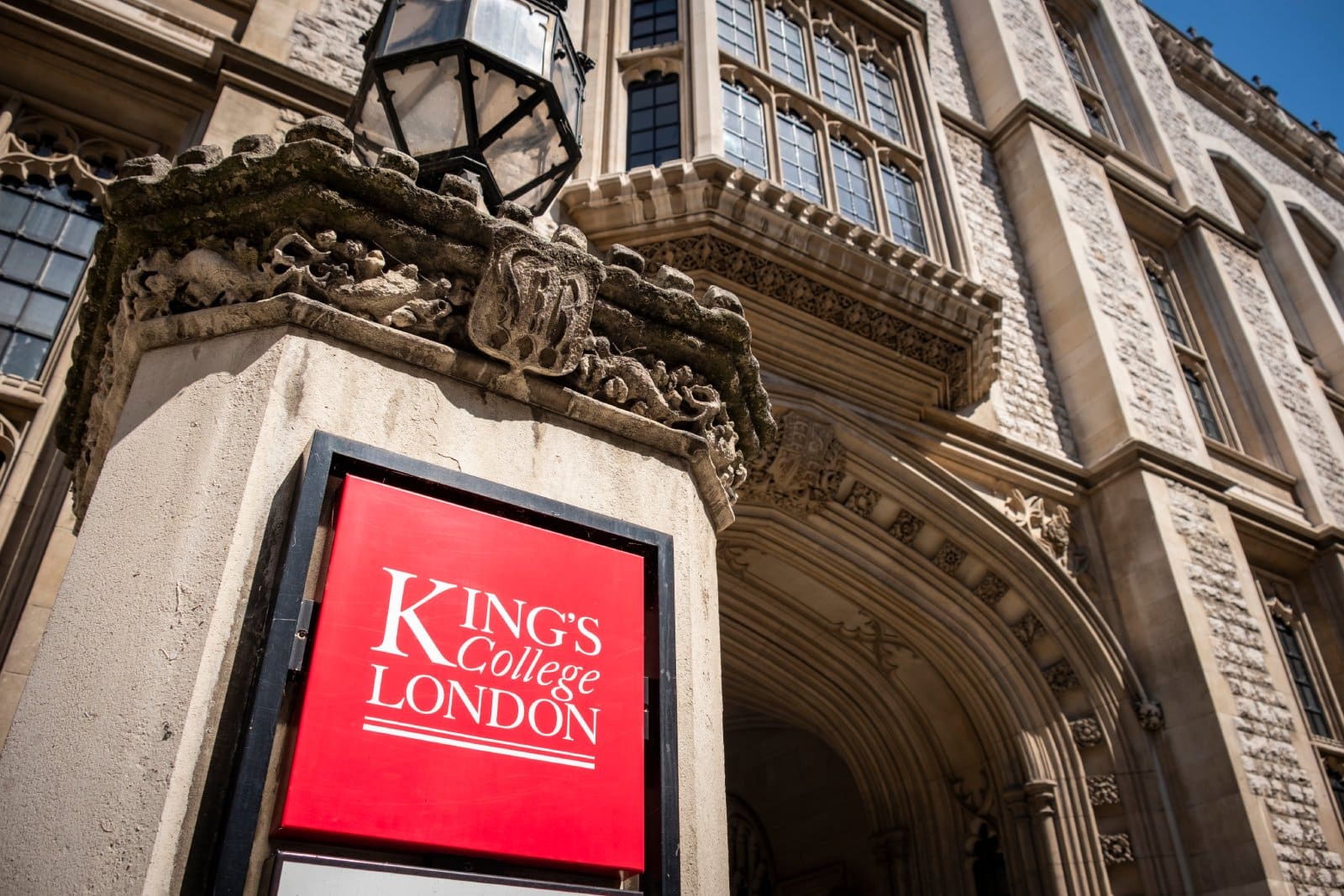
Navigating the UK university landscape is like deciphering a complex code of rankings, reviews, and reputations to uncover where you’ll not just learn, but truly flourish. Whether you’re drawn to the historic halls of Oxford or the creative buzz of Goldsmiths, finding your perfect fit is about aligning your aspirations with the unique offerings of each institution. 20 Best and Worst Universities in the UK
The post Brace for Impact: Analysts Predict Tough Economic Measures Regardless of Election Winners first appeared on Edge Media.
Featured Image Credit: Shutterstock / William Barton.
Grant Gallacher is a seasoned writer with expertise in politics and impactful daily news. His work, deeply rooted in addressing issues that resonate with a wide audience, showcases an unwavering commitment to bringing forth the stories that matter. He is also known for satirical writing and stand up comedy.

